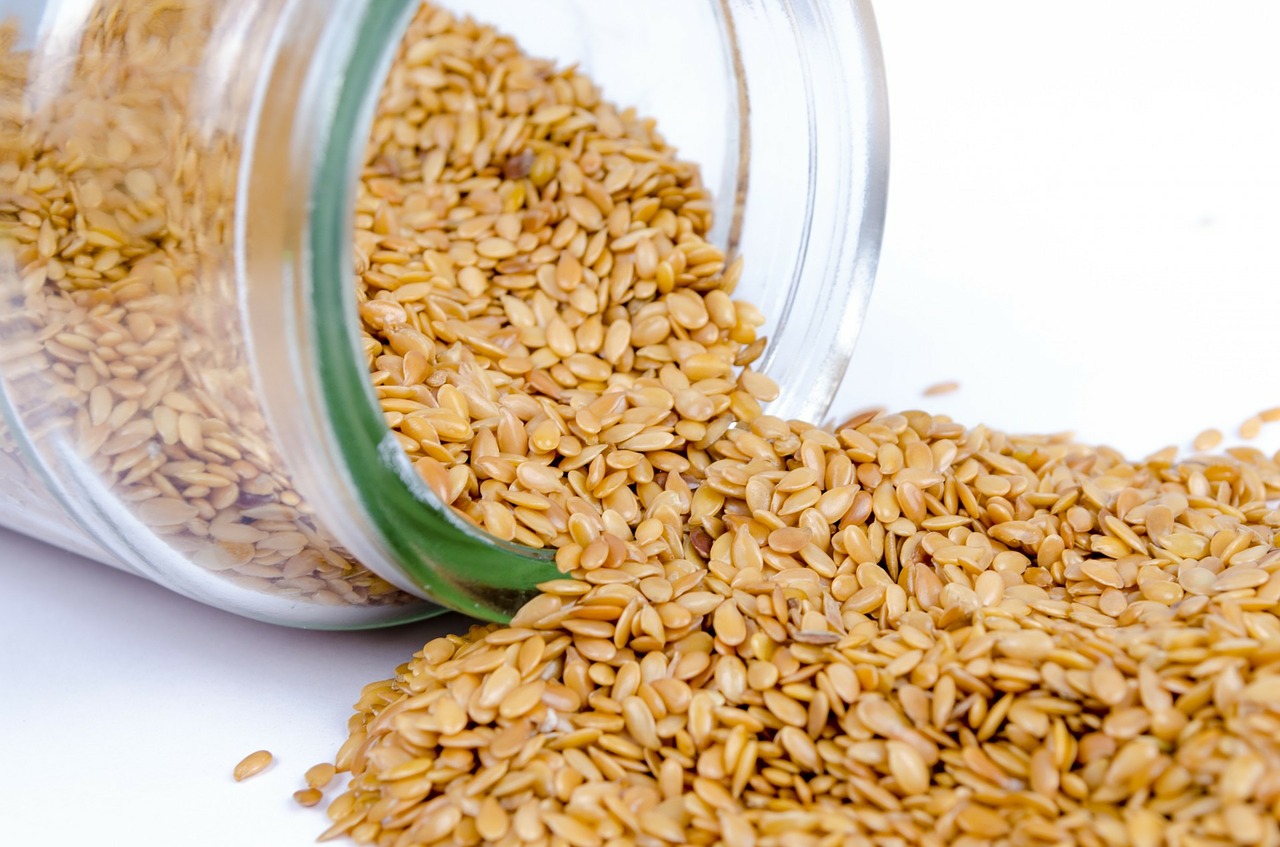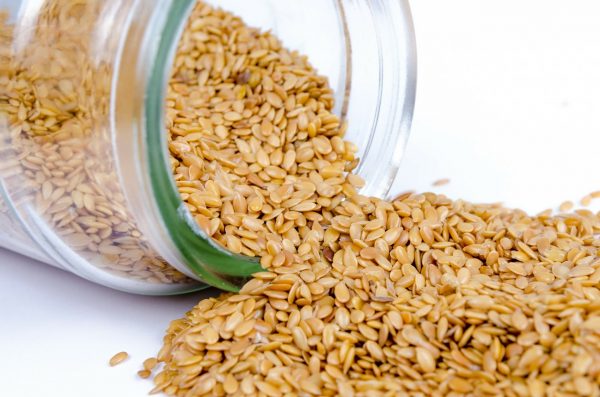Sesame seeds, tiny and trivial to the eyes of many in these parts, are the chief export revenue earner from Nigeria’s farms. The latest report on the country’s international trade by the National Bureau of Statistics (NBS) shows that those little seeds are a giant money spinner for the country.
The NBS’s report says that exports of sesame seeds brought home ₦15.8 billion in the last three months of 2017; that’s more than 35% of what Nigeria earned from all its agriculture exports in that period. Other big internationally traded agricultural products included cocoa beans, frozen shrimps, flour and meals of soya beans and cashew nuts. However, only cocoa beans came close to matching the earnings from sesame seeds; they gave the country ₦14.5 billion.
Why Sesame?
 There’s a steady demand for sesame seeds across the world, owing to their importance in several countries. It’s valued for the nutty taste it brings to foods, and is a regular ingredient for baked goods in the Americas, Europe, the Middle East and East Asia. Sesame oil, derived from the sesame seed, also serves as cooking oil for people in many parts of the globe.
There’s a steady demand for sesame seeds across the world, owing to their importance in several countries. It’s valued for the nutty taste it brings to foods, and is a regular ingredient for baked goods in the Americas, Europe, the Middle East and East Asia. Sesame oil, derived from the sesame seed, also serves as cooking oil for people in many parts of the globe.
On the home front, the weather condition of Northern Nigeria is conducive for the production of sesame. The flowery drought-resistant plant grows well in soils that hold relatively little water. It thrives in Jigawa, Kano, Katsina, Niger, Plateau and Bauchi states. Sesame cultivation also occurs as far south as Benue, Kogi and Ebonyi. The marriage of fine climates, the right soil conditions and the opportunity of gaining from international trade has given rise to the large scale production of sesame seeds in the country.
Although Nigeria’s sesame seed output has fluctuated over the years, it remains a key supplier of the product to some of its major consuming countries. Between October and December 2017, Nigeria earned ₦6.3 billion from exports of sesame seeds to China, ₦3.0 billion from Turkey, ₦2.4 billion from Japan, and over ₦800 million from Vietnam.
A growing market
There’s room for an expansion in Nigeria’s sesame trade, as global demand grows for the minute seeds. Europe holds some promise in this regard, as does the Middle East, where sesame has been grown and consumed for thousands of years. An ongoing shift in global sesame production has seen Chinese farmers become less interested in cultivating the crop, due to the difficulties associated with harvesting its seeds. As a result, China has relinquished its place as the world’s largest producer of sesame seeds, and now imports the product from other countries, including Nigeria.


